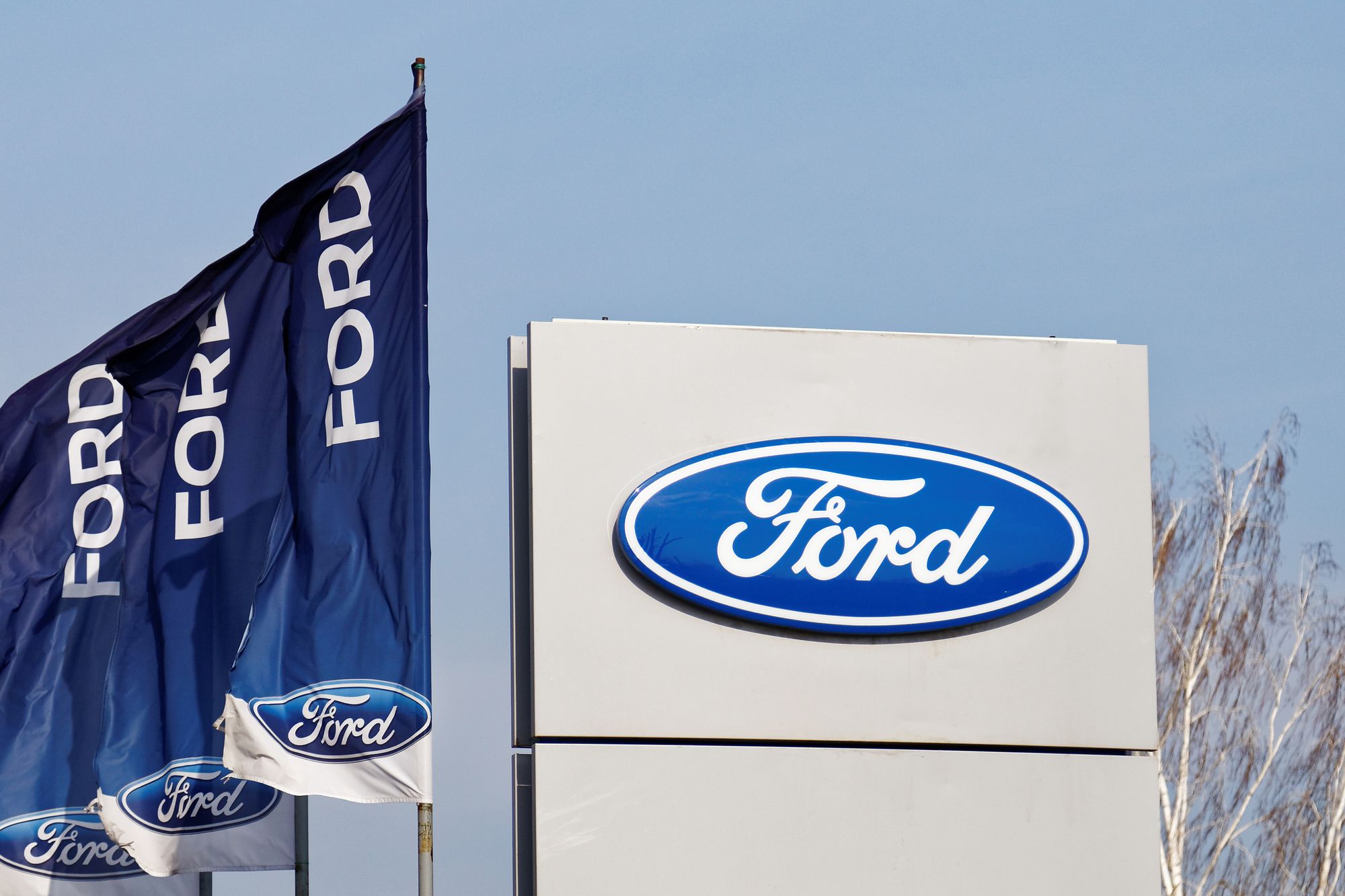Top Class Actions’s website and social media posts use affiliate links. If you make a purchase using such links, we may receive a commission, but it will not result in any additional charges to you. Please review our Affiliate Link Disclosure for more information.

In an order issued this past Tuesday, U.S. District Judge Edward M. Chen addressed cross-motions for reconsideration of his earlier grant of Class certification for nine state-based plaintiff Classes. On reconsideration, Judge Chen withdrew certification for four of those Class claims under their respective states’ consumer protection laws.
Plaintiffs in this Ford touch screen class action lawsuit allege the touch screen systems in certain Ford, Lincoln and Mercury vehicles are faulty, putting drivers and passengers in danger. They argue Ford knew about the defects at the time it sold these vehicles, yet still failed to address them.
In January 2016, the plaintiffs asked the court to certify a total of 12 Classes from 12 states. Each proposed Class would represent all persons in that state who purchased or leased a Ford or Lincoln vehicle before Aug. 9, 2013 that was equipped with a MyFord Touch or MyLincoln Touch communication and entertainment system.
In September 2016, Judge Chen granted initial certification for claims from nine state-based plaintiff Classes. Each Class was certified to bring a particular set of claims based on the law of the state associated with that Class.
Both sides in the litigation responded with motions for reconsideration. Plaintiffs asked the judge to reconsider his denial of certification for claims based on California, New York and Washington consumer protection laws.
The plaintiffs argued that information about the defects published by Ford, Consumer Reports and the New York Times failed to put would-be Class Members on adequate notice about the pervasiveness of the defect.
Ford’s motion asked the judge to withdraw certification for four fraud-based claims under California, Ohio, Texas and Virginia law.
The company argued that Judge Chen should have denied certification for those claims for the same reasons he denied it for 18 other fraud-based claims – namely, because they required a showing of reliance that cannot be made on a Class-wide basis. Judge Chen’s certification of these claims was “essentially an oversight,” Ford claimed.
Judge Chen’s current order grants Ford’s motion and denied the plaintiffs’, decertifying the fraud-based claims for the California, Ohio, Texas and Virginia Classes.
Other claims certified for the five other Classes in this Ford class action lawsuit are unaffected by the order. As certified, those Classes represent Ford owners and lessees from Colorado, Massachusetts, New Jersey, North Carolina and Washington.
The MyTouch screens at the center of the litigation were allegedly designed to offer touch screen control of each vehicle’s navigation, radio, and climate control systems and to connect to the users’ smartphones.
Plaintiffs say these systems are riddled with defects. They cite internal documents from Ford that describe the touch screens in frankly critical terms, allegedly showing that the company knew it was selling a defective feature.
The plaintiffs are represented by attorneys Steve W. Berman, Craig Spiegel, Tyler Weaver and Catherine Y.N. Gannon of Hagens Berman Sobol & Shapiro LLP, Roland Tellis and Mark Pifko of Baron & Budd PC, Adam J. Levitt, Jeffrey A. Almeida and Kyle McGee of Grant & Eisenhofer PA, and Nicholas E. Chimicles and Benjamin F. Johns of Chimicles & Tikellis LLP.
The MyFord Touch Defect Class Action Lawsuit is In re: MyFord Touch Consumer Litigation, Case No. 3:13-cv-03072, in the U.S. District Court for the Northern District of California.
UPDATE: On Feb. 14, 2018, class action claims over an allegedly defective touch screen in Ford vehicles will largely be allowed to continue, following a federal judge’s order.
UPDATE 2: On June 1, 2018, a class action settlement has been reached between Ford and a group of consumers who allege that the car company sold vehicles with defective touch screens.
UPDATE 3: On Feb. 7, 2019, a revised $17 million proposed settlement offer is before a California federal judge that could end a Ford class action lawsuit over allegedly defective MyFord touch screens.
UPDATE 4: May 2019, the MyFord Touch class action settlement is now open. Click here to file a claim.
ATTORNEY ADVERTISING
Top Class Actions is a Proud Member of the American Bar Association
LEGAL INFORMATION IS NOT LEGAL ADVICE
Top Class Actions Legal Statement
©2008 – 2024 Top Class Actions® LLC
Various Trademarks held by their respective owners
This website is not intended for viewing or usage by European Union citizens.














